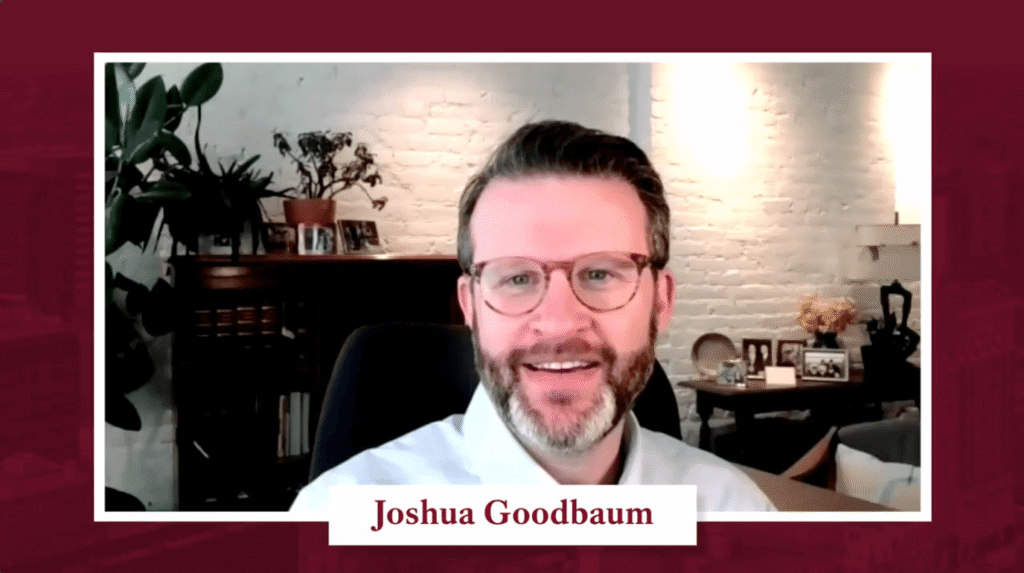Josh Goodbaum: Hi, Amanda.
Amanda DeMatteis: Hi, Josh. What are we going to talk about today?
Goodbaum: I want to continue our series where we explain legal terms to non-lawyers. Of course, we are lawyers who represent employees. The vast majority of our clients are non-lawyers, and they hear a lot of terms thrown around that they don’t necessarily understand. And one phrase that our clients throw around all the time is “go to court,” as in: “Well, if this case doesn’t settle, are we gonna go to court?” And our clients often don’t know exactly what they mean by that, and we don’t know what they mean either.
So, tell us, what does it mean to “go to court?” What do people who might be involved in an action in court need to know about that phrase?
DeMatteis: Well, since becoming a lawyer, I’ve found out that “going to court” means a lot of different things to a lot of different people. So, let me try to help.
Let’s assume that someone has a dispute with their employer; they retain a lawyer; the lawyer tries to negotiate with the employer to resolve whatever dispute it is; and, unfortunately, it doesn’t work. As you’ve learned from many other videos, that means we typically need to file in the Connecticut Commission on Human Rights and Opportunities and our federal counterpart, the Equal Employment Opportunities Commission. So, let’s assume that you’ve now done that and the case still hasn’t settled.
So, now you are at a juncture in this case where you do, in fact, need to file a complaint in either state or federal court. The complaint is a legal document that is filed with the court. It is a matter of public record. Someone may be able to find that filing in a Google search or some other search looking into you or your employer. But what it doesn’t mean, Josh, is that the second you file that complaint in court, you and your lawyer immediately need to run to the courthouse because you’re going to have a trial. There’s a whole lot of runway between the filing of a complaint in court and an actual jury trial.
Lawyers typically talk in terms of when a case is ready to “go to trial,” and that’s really at the very end of a lawsuit, right? So, the complaint initiates the lawsuit, and the trial is typically the end. The meat in between is, likely, a two-year or three-year process of a number of other procedures, including more legal terms that we could talk about at another time: discovery, pleadings, depositions, maybe mediations. But there’s a lot in between when you and your lawyer are actually going to physically drive to the courthouse, go into a courtroom, you’re going to testify on the stand in front of the judge and jury.
Goodbaum: So, there you go. “Going to court” sometimes means physically going to court. Sometimes it means a trial, but it doesn’t always. So, when you’re talking with your lawyer, be precise about what you mean, and make sure that you understand what they are saying.
Thanks so much. We’ll see you next time.

